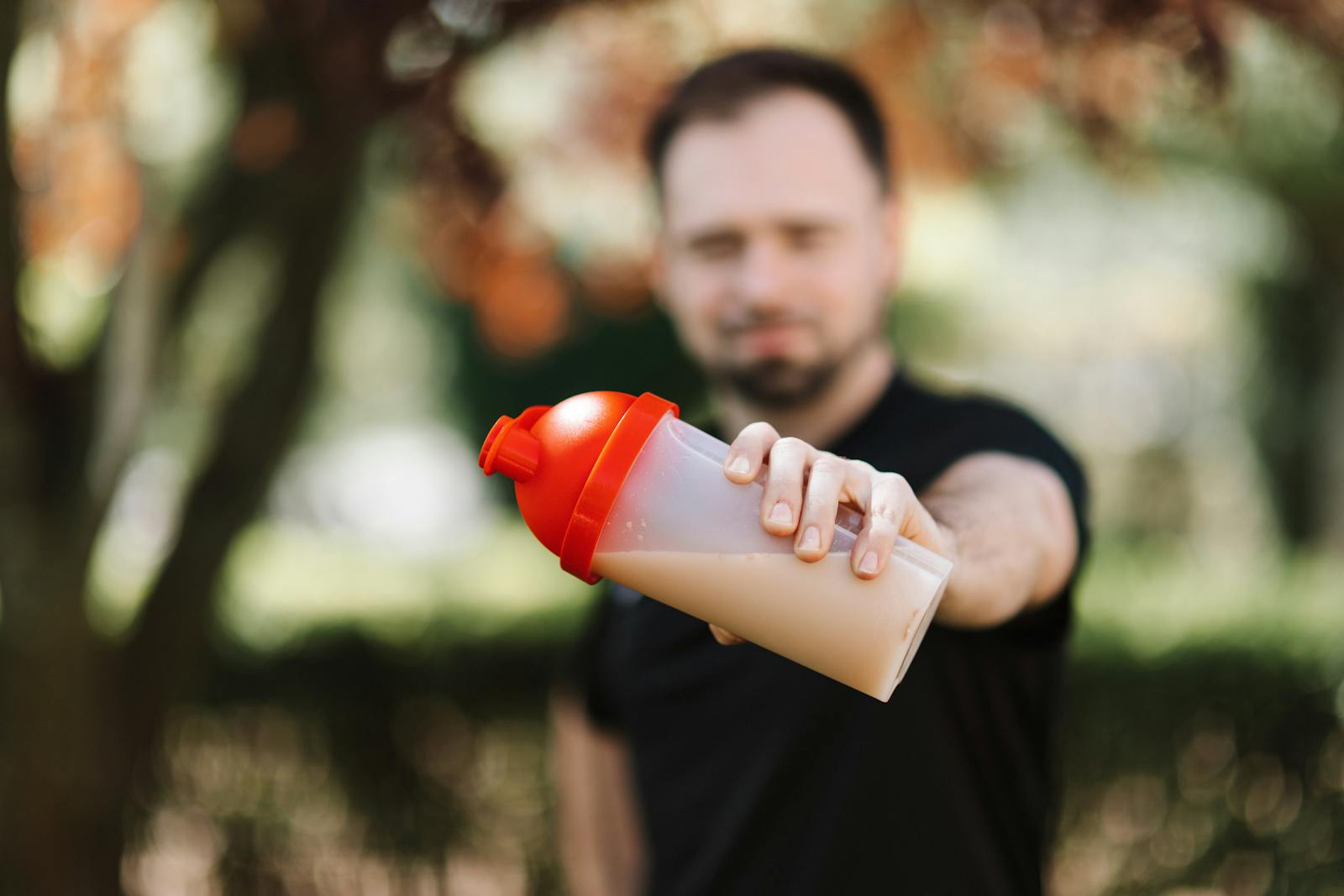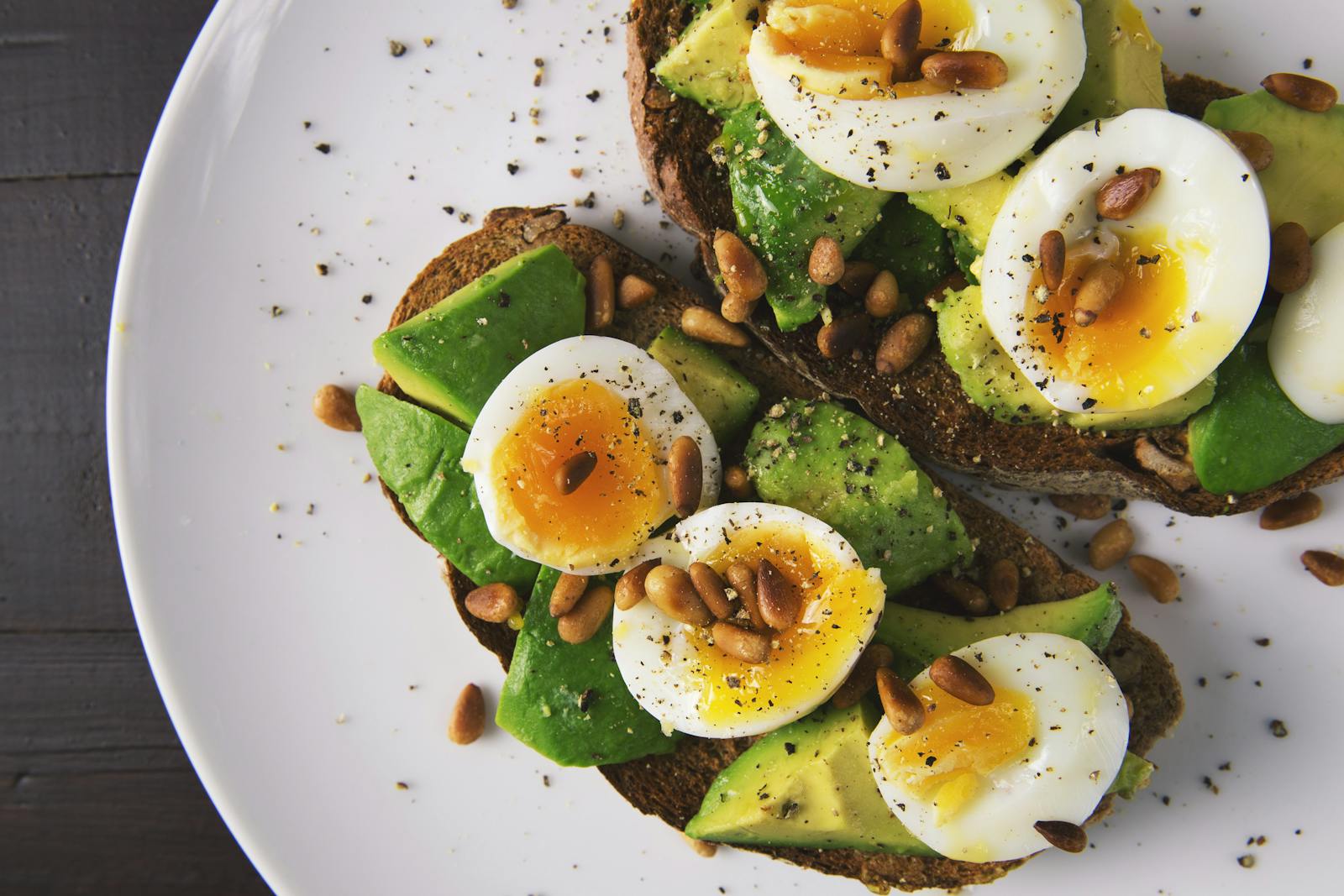Pregnancy changes the operational landscape for athletes. The stakes expand because you are fueling two physiological systems at once while managing training loads, body composition shifts, and recovery demands. The goal is not to chase peak performance metrics during pregnancy. The goal is to maintain maternal health, support fetal development, and preserve functional capacity. Nutrition becomes the strategic lever that keeps the system balanced.
Start with energy availability. Many pregnant athletes make the mistake of assuming that appetite alone will guide them. That is unrealistic. Energy requirements increase as pregnancy progresses, particularly during the second and third trimesters. A practical target is an additional three hundred calories per day on average, with adjustments based on training intensity and duration. Those calories should come from nutrient dense sources rather than empty snacks. Smoothies with Greek yogurt and fruit, oatmeal with seeds and nut butter, or apple slices with almond butter are low friction options that slot into an athlete’s day without disrupting glycemic control or satiety.
Protein is a mission critical input for both tissue growth and maternal repair. The International Society of Sports Nutrition suggests one point four to two point zero grams of protein per kilogram of body weight for athletes during pregnancy. Lean meats, eggs, dairy, tofu, tempeh, legumes, and fortified plant options provide the amino acid profiles required for fetal development and maternal muscle maintenance. Distribute protein across all meals to support muscle protein synthesis and blood sugar stability rather than clustering intake at dinner which is a common consumer mistake.
Healthy fats deserve strategic focus as well. Omega three fatty acids from salmon, sardines, walnuts, chia, and flaxseeds support fetal brain and nervous system development. They also help manage systemic inflammation which is valuable for pregnant athletes dealing with joint load and altered gait mechanics. If dietary intake of fatty fish is low, discuss fish oil supplementation with a clinician to align on safety and dosage.
Carbohydrates remain the primary fuel substrate for training and daily activity. Pregnant athletes should not be seduced by low carb diet trends. Whole grains, potatoes, sweet potatoes, fruits, and vegetables provide both carbohydrates and fiber. Fiber becomes particularly important because constipation is a common pregnancy challenge driven by hormonal shifts and reduced gastrointestinal motility. Fiber plus hydration protects digestive comfort and reduces strain.
Micronutrients are the hidden differentiator. Folate is mandatory for neural tube development and should be secured both through food sources such as leafy greens, beans, and fortified grains and through prenatal supplementation. Calcium and vitamin D support bone development for the fetus and protect maternal bone health during a period of increased demand. Iron requirements rise due to expanded blood volume, so iron rich foods and periodic lab testing are recommended. Vitamin B12 is important for vegetarian and vegan athletes because plant based diets lack reliable sources. A prenatal supplement with measured dosing closes gaps and standardizes intake.
Hydration rounds out the playbook. Blood volume increases during pregnancy which elevates fluid requirements. Dehydration can impair performance, worsen constipation, and trigger headaches. Water intake should be consistent throughout the day and athletes training in heat or humidity will need electrolytes as well.
There are behavioral principles that matter. Training intensity will fluctuate and appetite signals will not always align with needs. Morning sickness can disrupt calorie and protein intake. In these scenarios liquid nutrition such as smoothies, shakes, and soups become valuable. Heavy dieting or aggressive weight control strategies are inappropriate during pregnancy and increase health risks. Focus on composition and energy availability rather than scale weight or aesthetics.
Engage healthcare providers early. Registered dietitians with sports experience and obstetric clinicians form the governance layer that ensures safety. Every pregnancy is unique and variables such as anemia, gestational diabetes, or blood pressure changes require customized adjustments.
Bottom line. Pregnant athletes win by prioritizing protein, securing adequate calories, integrating healthy fats, leveraging fiber rich carbohydrates, managing hydration, and closing micronutrient gaps with prenatal support. This strategy protects maternal performance capacity and supports fetal development without unnecessary restrictions or performance dogma.




